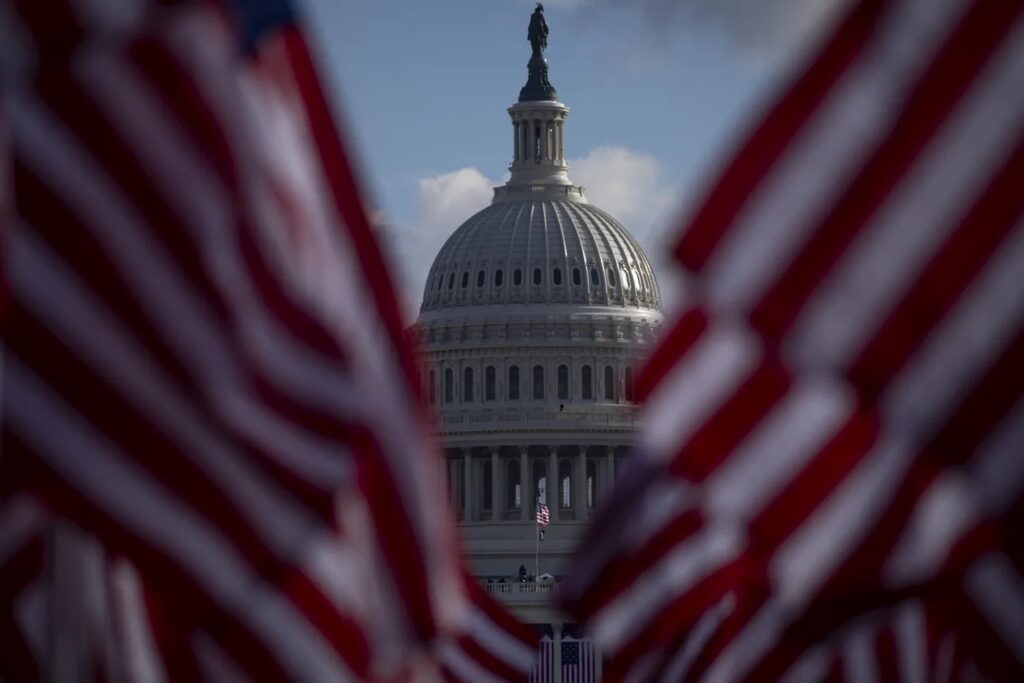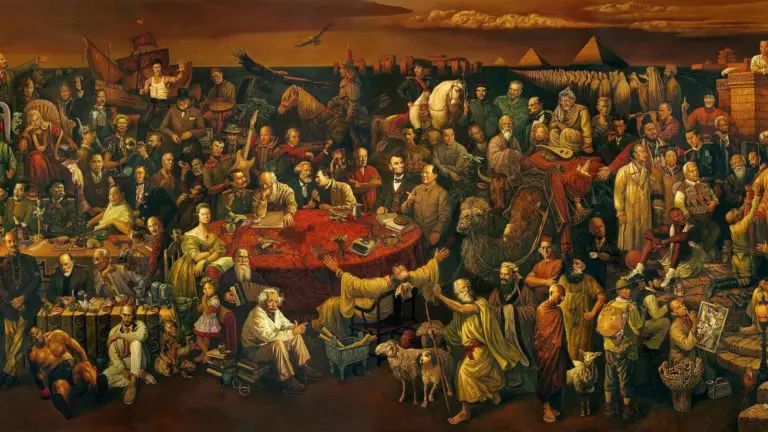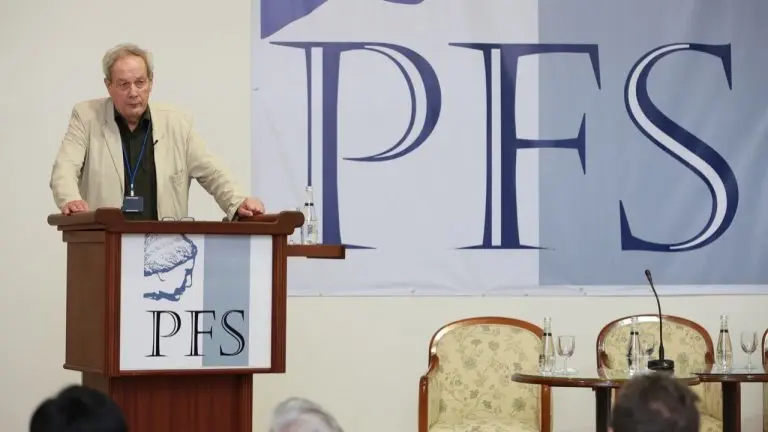In a recent, rather perplexing piece for Big Think, Tim Briknkhof, a New York-based journalist, discussed the ‘Deep State,’ and the many ways in which this shady network is influenced by unintelligent, dimwitted nincompoops.
“The character and nature of secret police organizations is the same today as it was in the Middle Ages,” he declared. The only thing that has really changed is the technology that allows the deep state’s members to do their job.
Before dissecting Brinkhof’s claim, it’s important to get our definitions in order. For instance, when we discuss the ‘Deep State,’ what exactly are we talking about? Although the term is now synonymous with QAnon-style insanity, the ‘Deep State’ refers to the part of the power system that you cannot see. It consists of unelected organizations that are, as Vox’s Sean Illing previously noted, “beyond the conventional checks and balances of our system.” Presidents come and go, but ‘deep state’ institutions remain a permanent fixture. Think of the FBI, the CIA, and the NSA, for instance. None of these organizations could be accused of lacking intelligence (and no, I don’t just mean intelligence that they have gathered; I’m talking about actual human intelligence). They are not in the business of hiring idiots. If in doubt, take a few minutes to look at what skills are needed to become both an FBI agent and a CIA agent. To work with the NSA, it seems, it helps if you happen to be a mathematical guru. Most Americans are not mathematical gurus. In fact, the average American stinks at math. They think algebra is a country in Eastern Europe.
I reached out to former CIA intelligence officer Andrew Bustamante, a rising name in podcast and media circles, to get his opinion on the Deep State debate. An interesting individual, Bustamante is a fiercely intelligent man who speaks with an air of authority. That’s because he knows what he is talking about, unlike the aforementioned Mr. Brinkhof. According to the private intelligence consultant, the ‘deep state’ looks very different in a number of countries.
“What people commonly refer to as the ‘Deep State’ is a misconception,” he said. “Far from being a secret body of individuals, the true centers of policy and power around the world are closely tied to the governments each country adopts.”
The ‘Deep State’ is not some murky entity, hiding in the shadows; it is on full display, he insists.
Take the United States, for example. Here, according to Bustamante, “politics is a game of institutions—not individuals.” Political leaders must have party support in order to get elected into any major political office. Republicans and Democrats are not exactly known for their collaborative endeavors. However, at the party level, Bustamante noted that “both Republicans and Democrats cooperate and collaborate to ensure the two-party system remains strong, pushing out independents and ensuring the continuation of the status quo.” Go to any top-tier event in New York or D.C., he told me, and you will find “high ranking officials from both parties, sharing drinks and swapping stories like close friends rather than the passionate advocates for change they play on TV and on Twitter.”
Contrary to popular belief, and contrary to my own deeply ingrained belief, the true ‘Deep State’ in the U.S., according to the hirsute expert, “is the political culture that persists to prevent political reform, not some secret body of individuals trying to shape future policy.”
As for the FBI and CIA, Bustamante says that they are “both part of the institutional stagnation I’m calling the ‘Deep State’—which actually demonstrates that they are held to the same legal standards as the rest of us.” OK, but don’t these agencies sometimes behave in ways that are entirely unlawful? “No,” he said, “the idea they are ‘above’ the law is wrong—though they are given unique authorities to break foreign laws.”
This is where I must offer some pushback and accuse Mr. Bustamante of being a little disingenuous. He appears to absolve his former agency of any wrongdoing, of serving in the best interests of the American people. However, as Sens. Ron Wyden (D-OR) and Martin Heinrich (D-NM) revealed last year, the CIA has, for years, been spying on American citizens, vacuuming up inordinate amounts of data in the process.
As the Brennan Center’s Elizabeth Goitein noted at the time, the CIA was founded to collect data “indiscriminately,” rather than targeting any specific individuals or groups. This is what’s called a “bulk collection,” an unlawful act that violates the rights of American citizens. The FBI, it’s important to note, has a long, dark history of recklessly abusing its national security surveillance privileges.
I asked Bustamante what the ‘Deep State’ looks like in other countries. The same dynamics, he said, “are true in other first world countries, like the UK, China, Germany, Russia, and many more.” “The chief ambition,” stressed Bustamante, “is to survive against threats foreign and domestic. For that reason, the political executives for wealthy nations adopt a culture of clinging to the past rather than implementing change for a better future.”
In Bustmante’s opinion, “the nefarious ‘Deep State’ that conspiracy theorists cling to is both less organized and more persistent than they realize.” Not necessarily because of malicious individuals with evil intentions, “but because of a stagnating and ambivalent political culture focused more on its own survival rather than representing its constituents.”
Bustmante’s views, I’m sure, will raise more than a few eyebrows.





